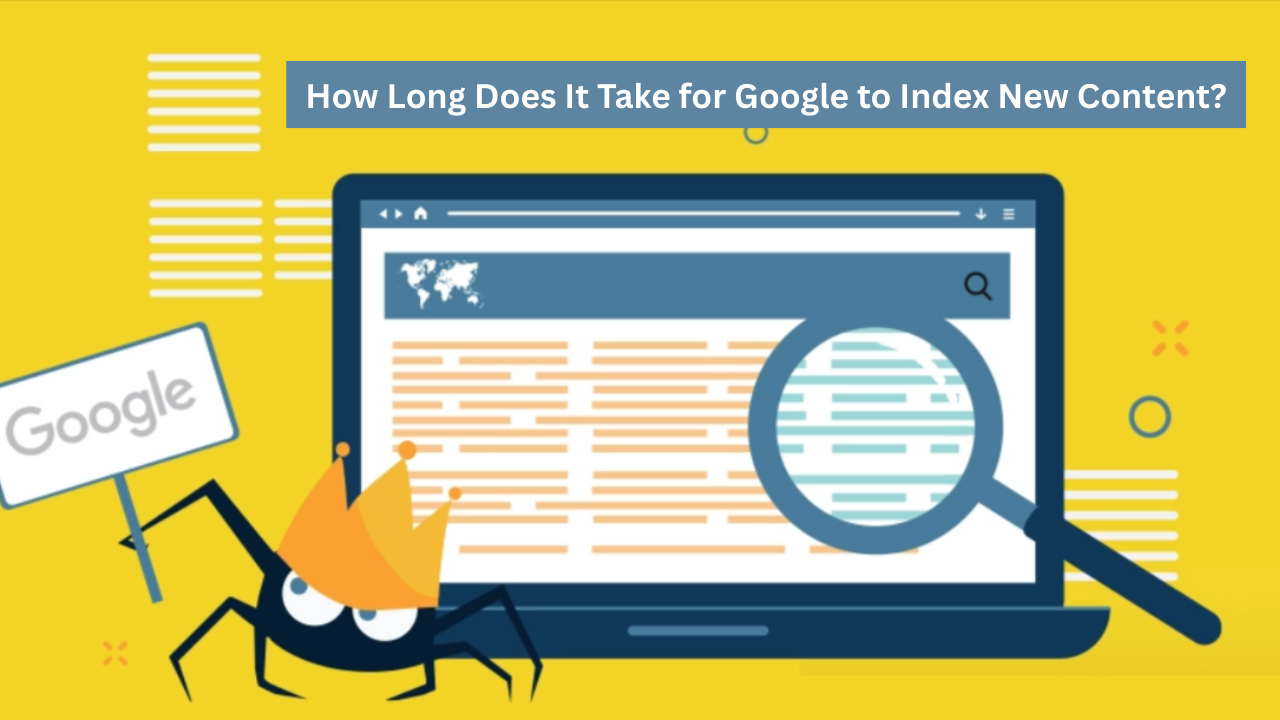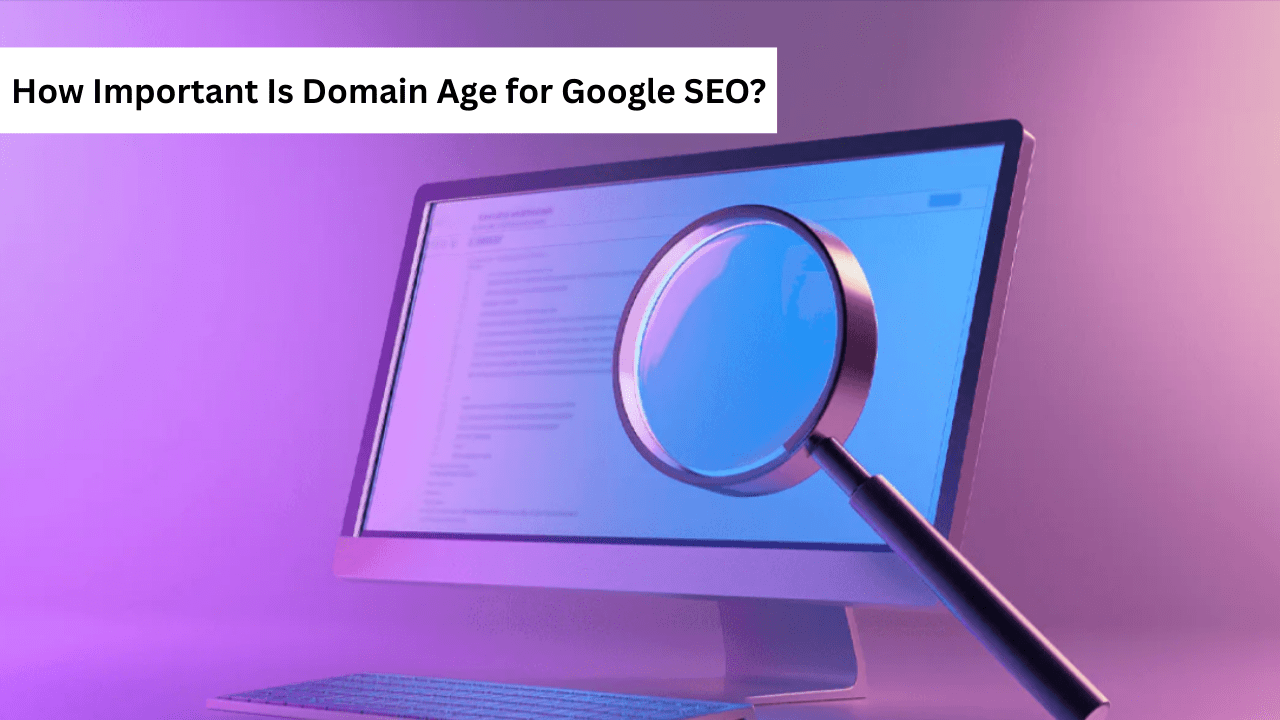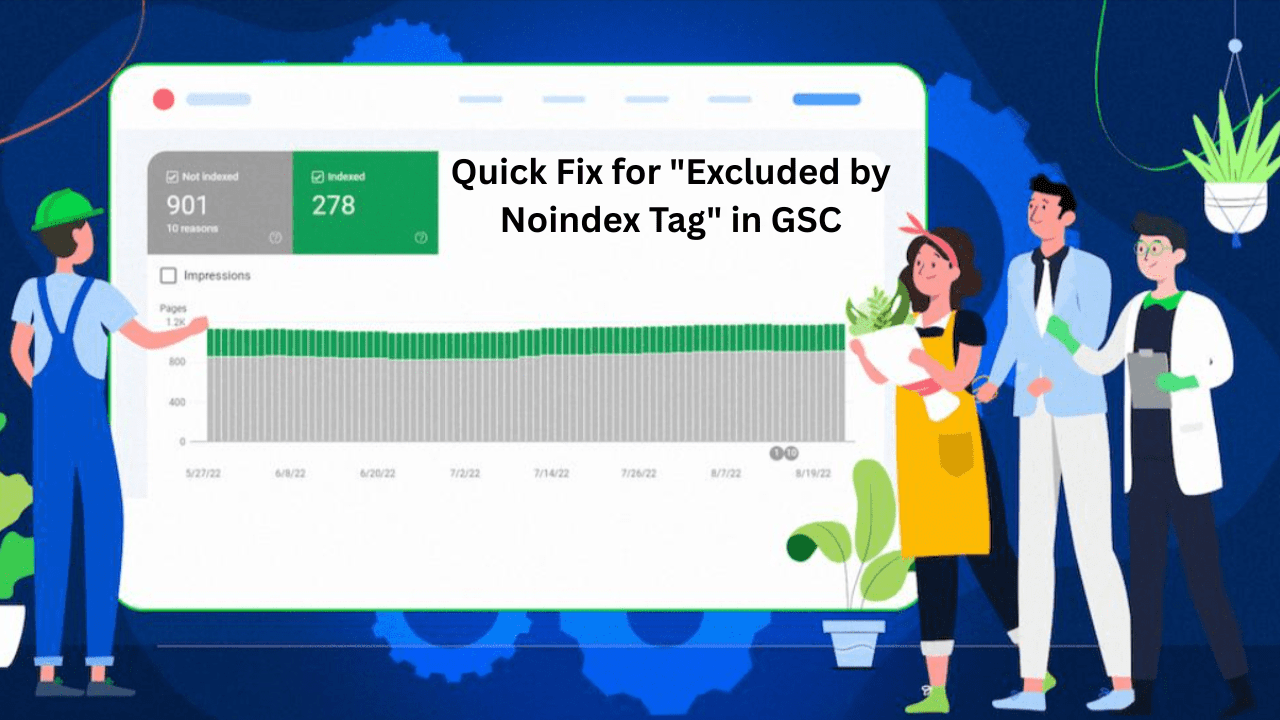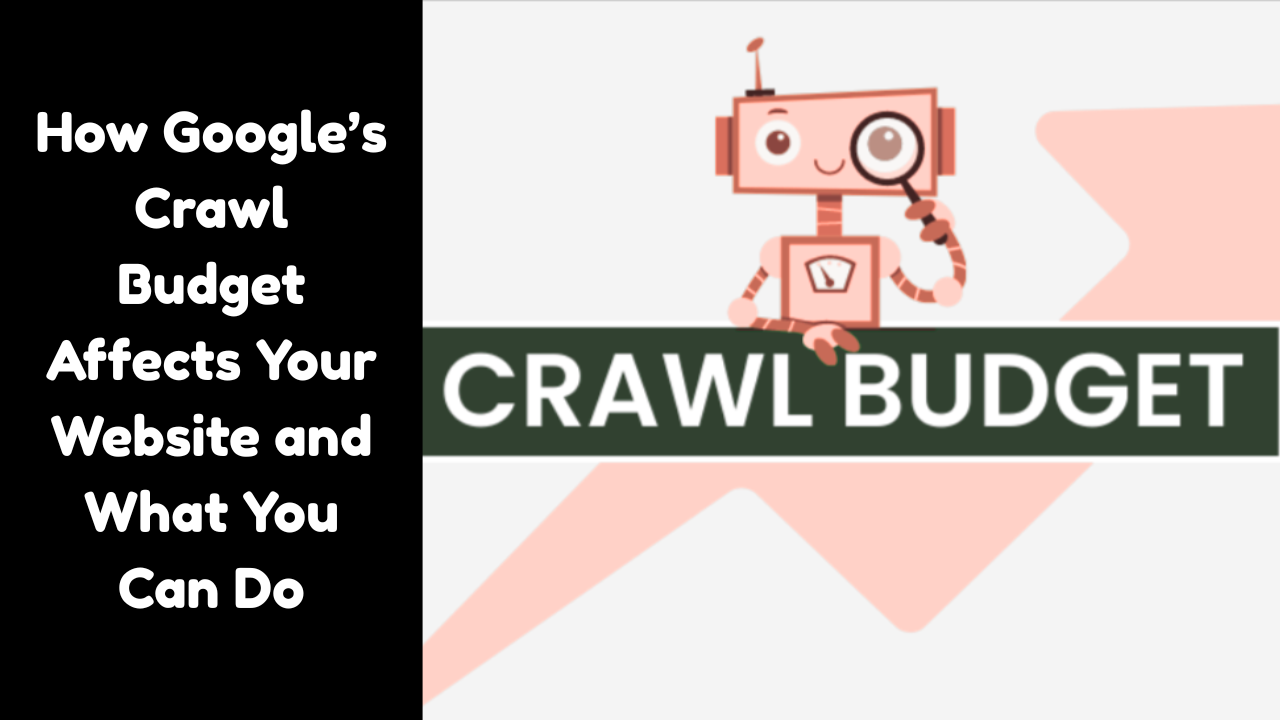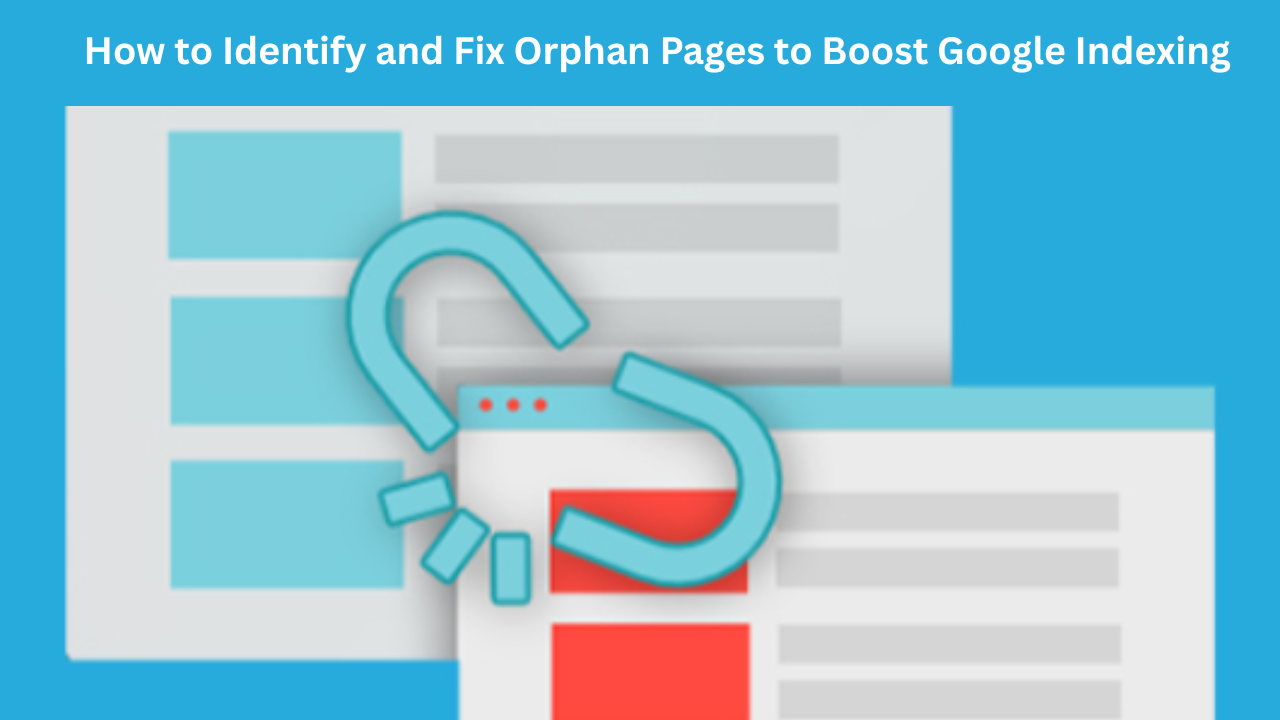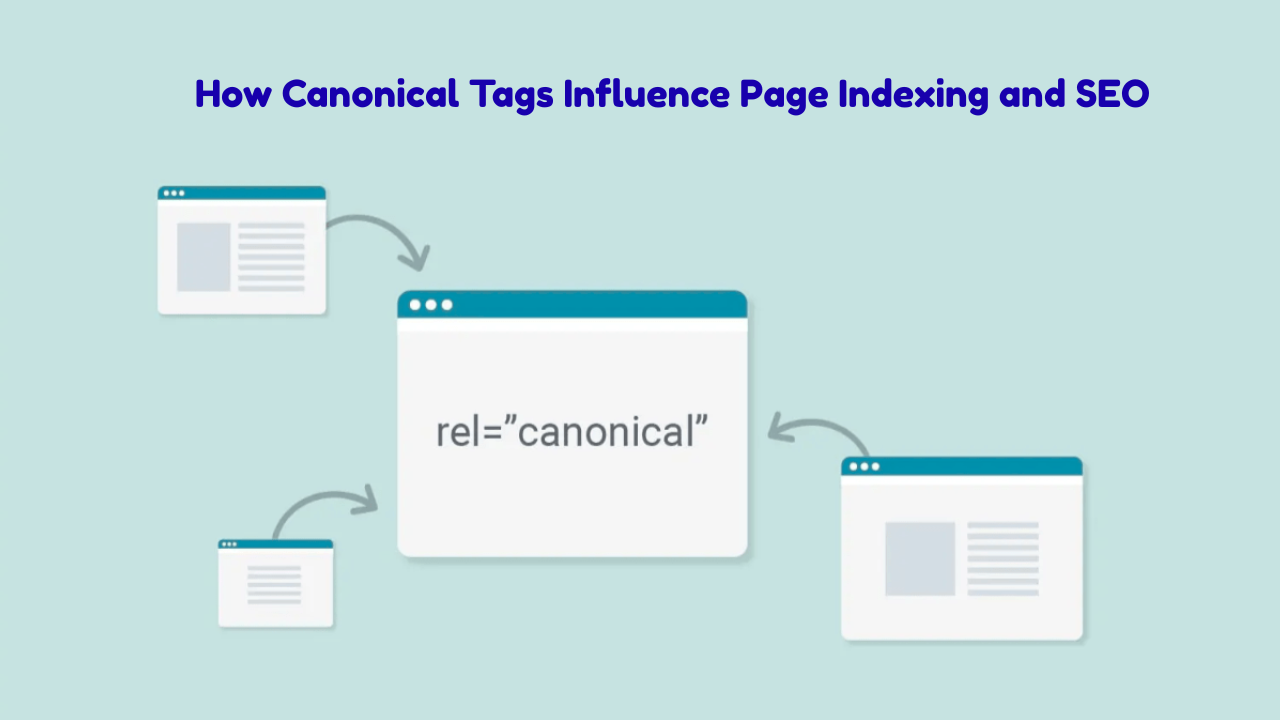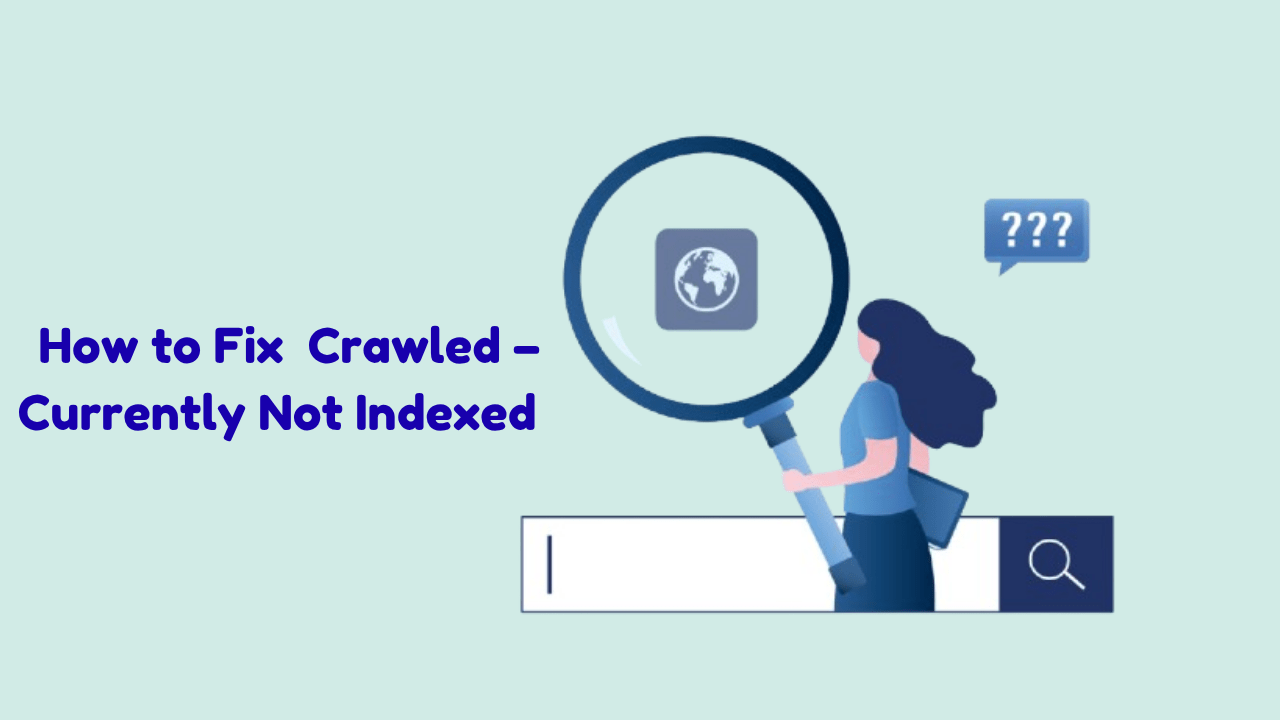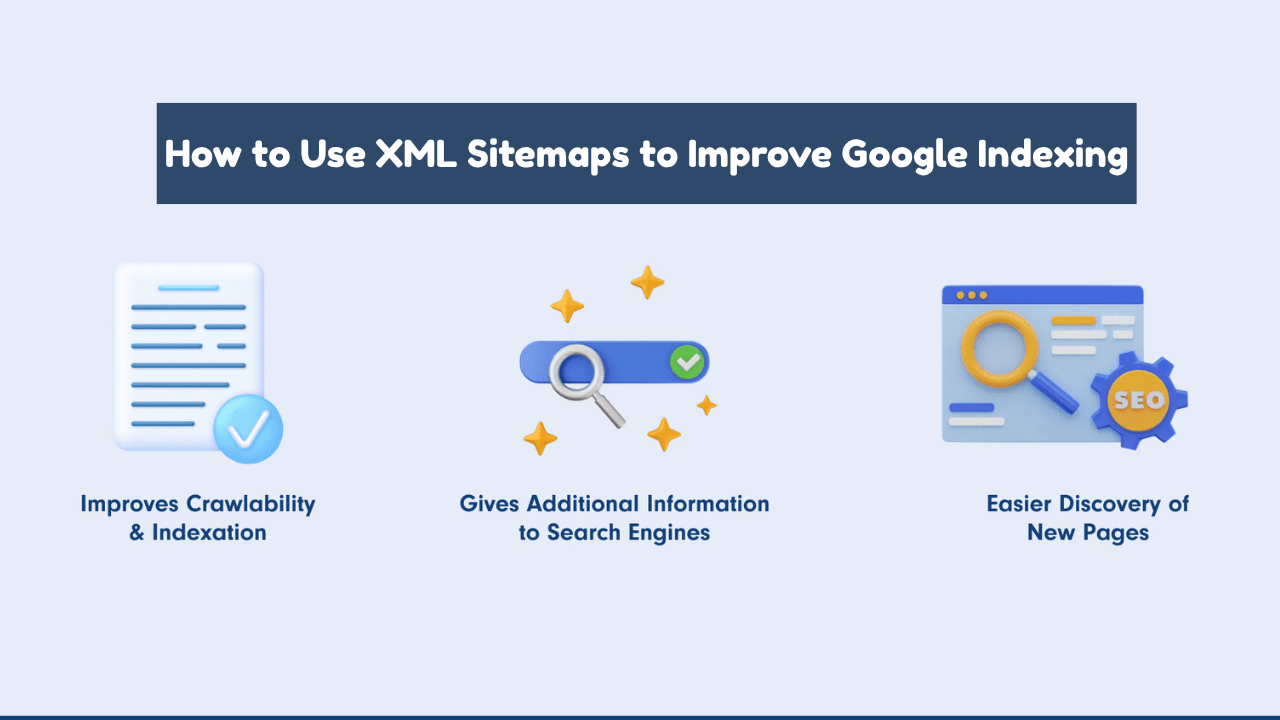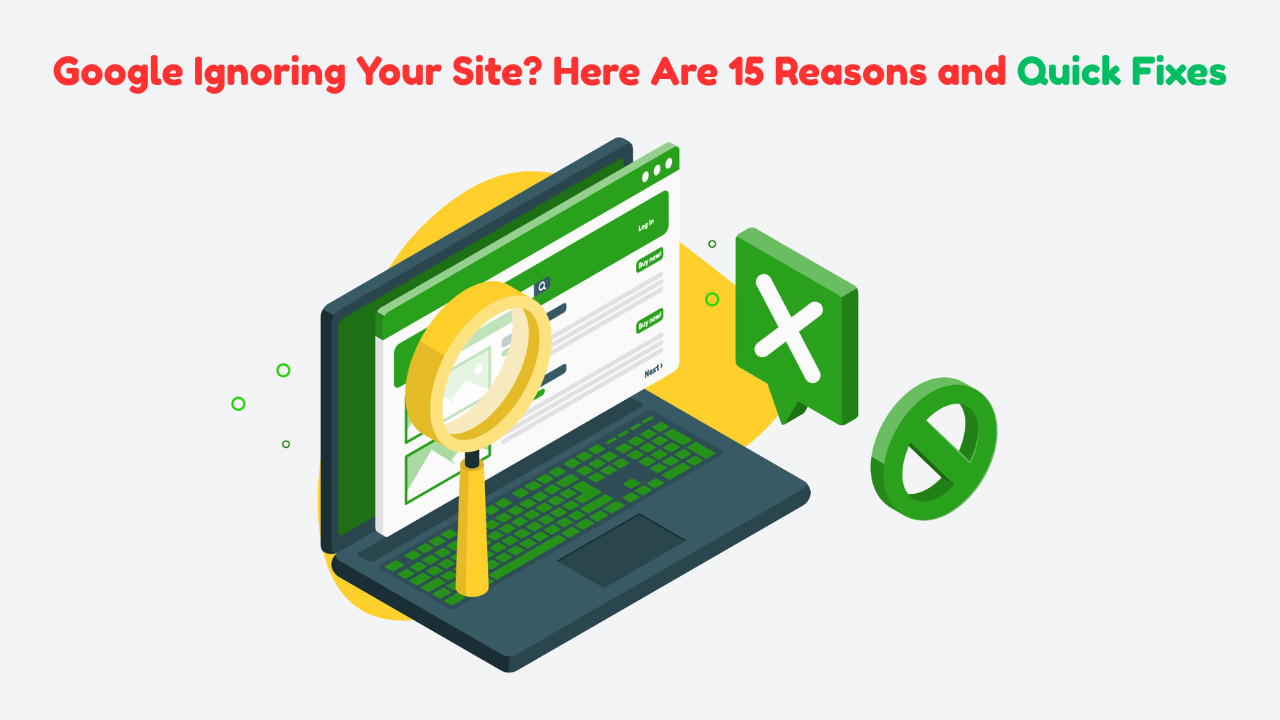Tag: Google Indexing
Google indexing : How Long Does It Take Google to Index Your Website?
- accuindexcheck
- 0 Comment
- Posted on
Google indexing is a matter of concern for any website to appear in search results. Imagine your site has very limited or almost non-existent indexing, and your site content is very good. How much will people be able to find it on Google? Indexing happens when Google discovers your page, reads it, and puts it…
Read MoreHow Much Does the Domain Age Matter for Google Rankings?
- accuindexcheck
- 0 Comment
- Posted on
Does an older domain automatically rank higher on Google, or is being “older” a supposed SEO myth? For several years, web operators and marketing professionals have been debating whether having a longer registration period gives a domain any more potency in search rankings. In truth, many older domains do indeed rank well, but usually it…
Read MoreHow to Fix “Excluded by Noindex Tag” in GSC for Better Indexing
- accuindexcheck
- 0 Comment
- Posted on
If you’ve been wondering why some pages refuse to show up in Google search engines despite being optimized and published, it’s probably not Google’s doing. The site itself might be cues through indexing directions to the search engines: “Ignore this page.” That is what goes on when a particular page gets an “Excluded by noindex…
Read MoreGoogle Crawl Budget : How It Works and How to Optimize It?
- accuindexcheck
- 0 Comment
- Posted on
If in a site there are more than hundreds of pages and only a handful of them are indexed by Google, then a crawl-budget issue is signified. Crawl budget is the term that describes how many pages Googlebot is able and willing to crawl on your website at any given time. If you work on…
Read MoreWhat Are Orphan Pages and How to Fix Them for Better Indexing & SEO
- accuindexcheck
- 0 Comment
- Posted on
Some pages on your website do not get the proper weight. Orphan pages are pages on your site that remain unconnected to other pages via internal links. Because there isn’t a straightforward path to these pages within the website’s structure, they are often missed by users amid regular navigation or search engine crawling. In contrast…
Read MoreHow Canonical Tags Improve Page Indexing and Boost SEO Performance
- accuindexcheck
- 0 Comment
- Posted on
Underneath any technical SEO implementation, canonical tags serve as recommendations for search engines to specify which version of a page should be selected for the index. When your site features similar or duplicate content held across several URLs, canonical tags let Google know which page it sees as primary. This scenario would prevent situations where…
Read MoreWhy Your Pages Say ‘Crawled – Currently Not Indexed’ and How to Resolve It
- accuindexcheck
- 0 Comment
- Posted on
Sometimes, when you’re checking your website’s performance in Google Search Console, you might notice a message saying “Crawled – currently not indexed.” This simply means that Google has visited your page but didn’t add it to its search results. While Google doesn’t clearly say why this happens, it’s often because the page might not offer…
Read MoreHow to Use XML Sitemaps to Improve Google Indexing
- accuindexcheck
- 0 Comment
- Posted on
If you’ve ever wondered how Google finds your website pages and decides which ones to rank, the answer often starts with your XML sitemap. While backlinks and content help with rankings, an XML sitemap helps ensure your content is found in the first place. In simple terms, it’s like a roadmap for search engines, guiding…
Read MoreWhat Is Mobile‑First Indexing and How It Impacts Your SEO Strategy
- accuindexcheck
- 0 Comment
- Posted on
Today, most people use their mobile phones to browse the internet. Because of this shift, Google now checks the mobile version of your website first when deciding how it should rank in search results. This process is known as mobile-first indexing, and it plays a major role in your site’s overall SEO performance. Understanding how…
Read MoreGoogle Not Indexing My Site? 15 Critical Reasons and Proven Fixes
- accuindexcheck
- 0 Comment
- Posted on
If you’ve typed “Google not indexing my site” into search, you’re not alone. It’s one of the most frustrating problems site owners face. Your website may look great, but if Google hasn’t indexed it, no one can find it. Let’s cover the 15 most common reasons Google refuses (or fails) to index a website, explain…
Read More